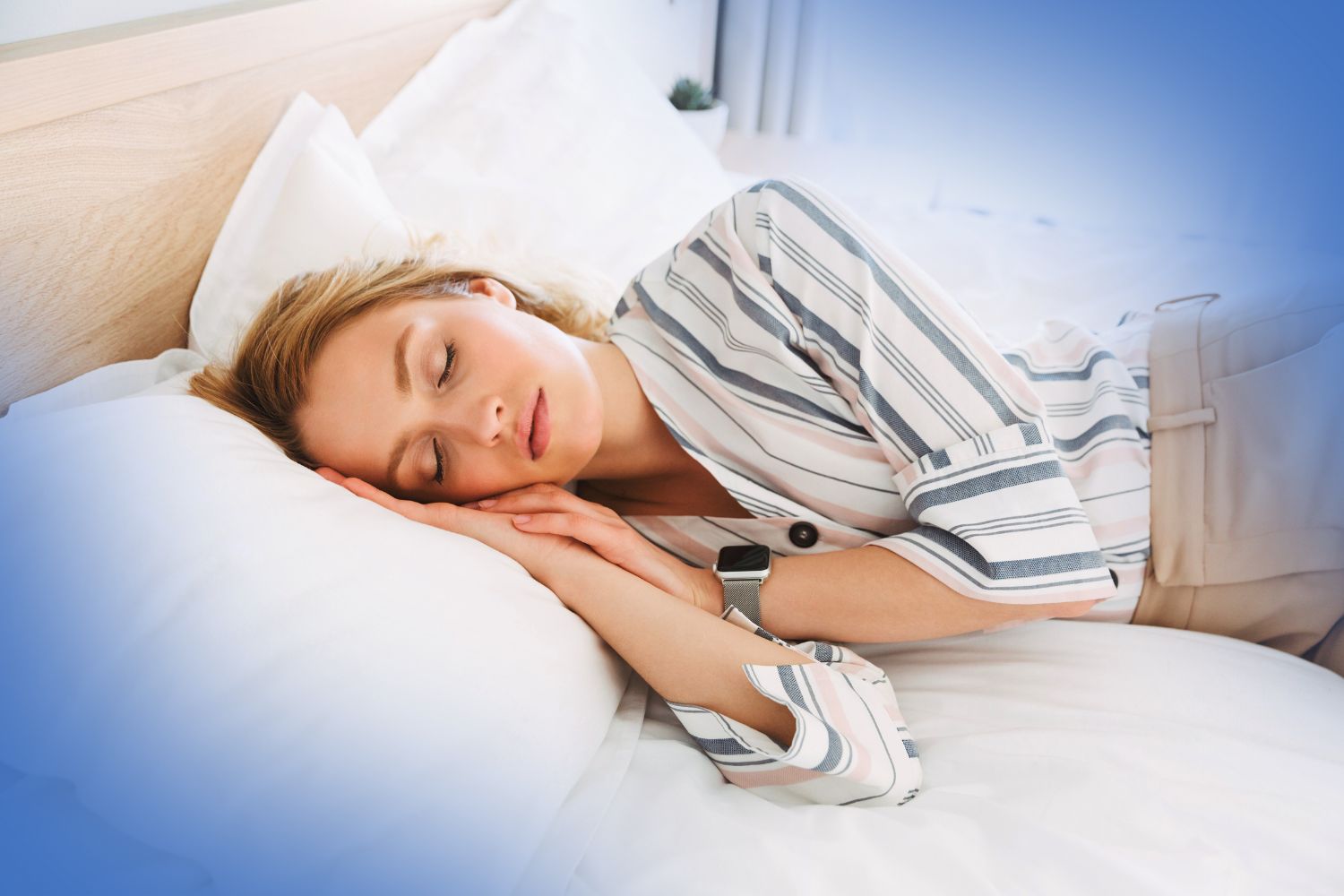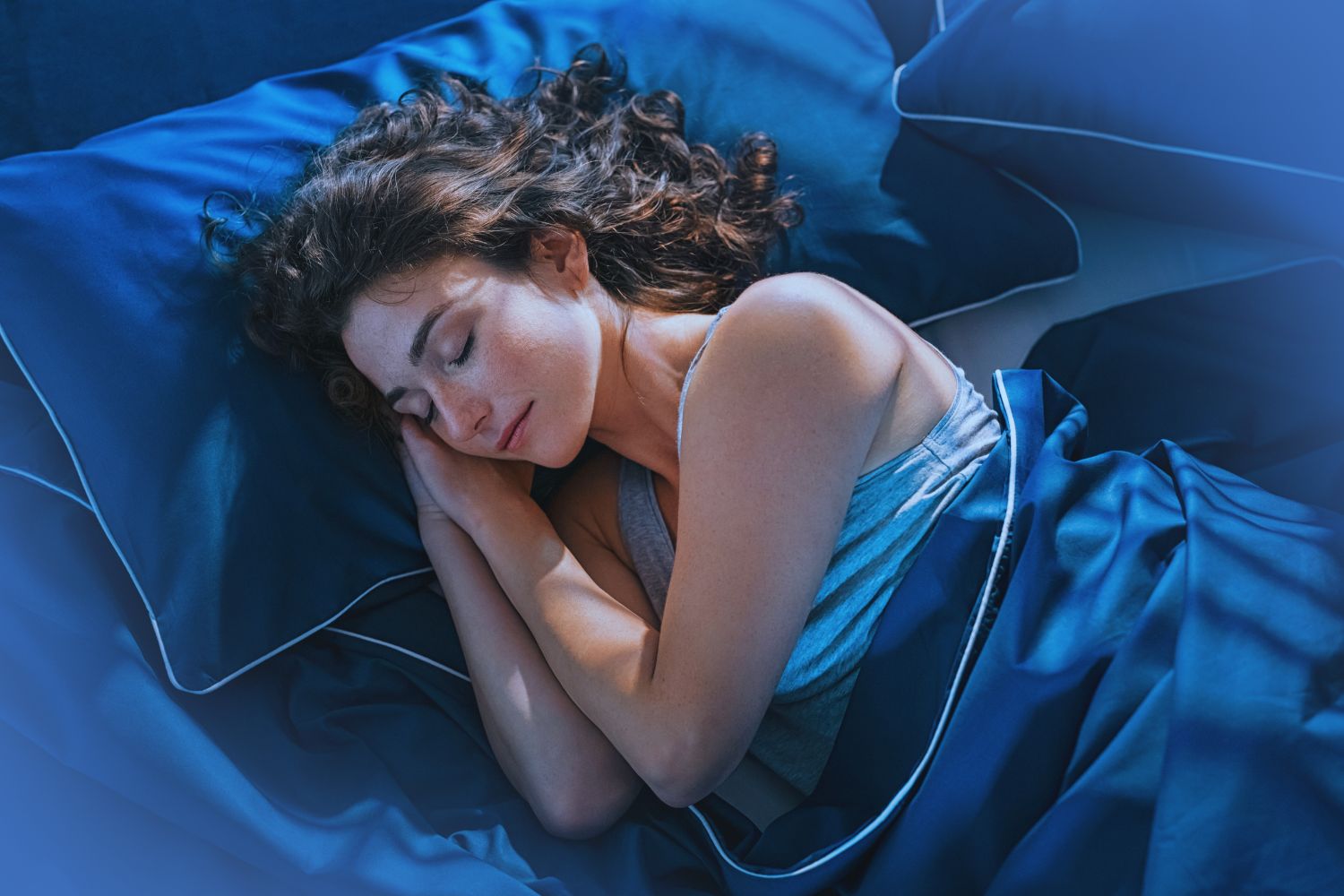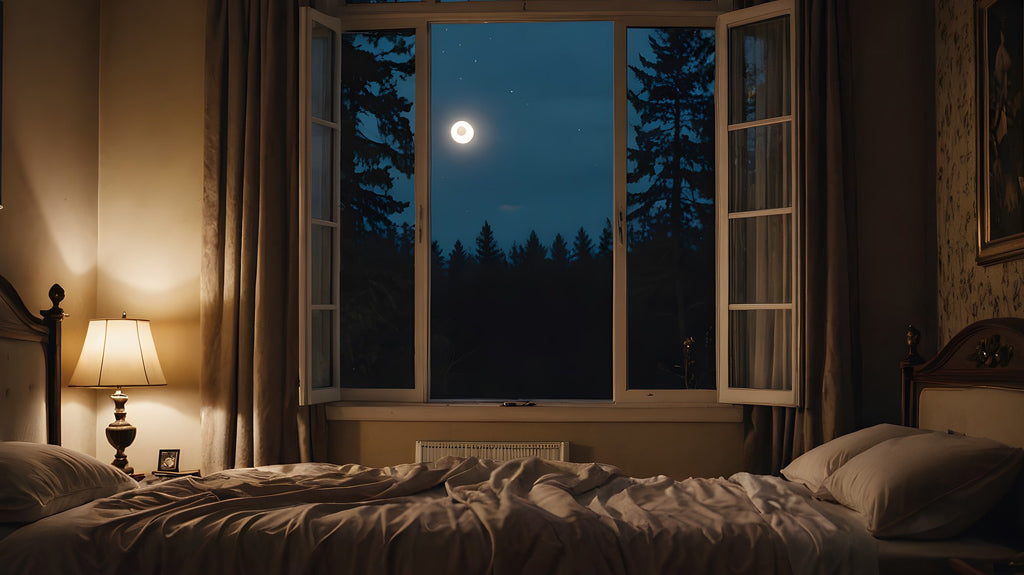You’ve tried melatonin. You’ve rearranged your bedroom. You’ve even counted imaginary sheep. Still not falling asleep easily? You’re not alone — and maybe it’s time to get curious about what actually helps your mind and body wind down.
The good news? There’s no one-size-fits-all trick, which means you have more tools at your disposal than you realize. Some are backed by modern neuroscience. Others date back thousands of years. But all of them offer one thing: a better chance at restful, uninterrupted sleep.
Let’s explore some fascinating (and often forgotten) methods that just might transform your bedtime routine.

1. The Ancient Chinese Secret: Acupressure for Sleep
You’ve probably heard of acupuncture — but what about acupressure? This needle-free technique is rooted in Traditional Chinese Medicine and uses gentle pressure to stimulate points along the body’s meridians. Certain points are specifically linked to relaxation, anxiety reduction, and sleep regulation.
Try this:
- The “Spirit Gate” (HT7): Located on the wrist crease below your pinky finger. Use your thumb to press gently in circular motions for 1–2 minutes.
- The “Third Eye” point: Between your eyebrows. Press for 30 seconds while breathing deeply.
These calming points are believed to regulate your parasympathetic nervous system — helping your body shift into "rest and digest" mode.
2. Your Gut and Your Zzz’s: The Surprising Sleep-Food Connection
Modern science is catching up to something your grandmother probably already knew: what you eat affects how you sleep.
Here’s why: your gut produces 90% of your body’s serotonin, which is then converted to melatonin, your body’s natural sleep hormone. Certain foods can help fuel this process.

Sleep-Friendly Foods:
- Kiwi – Studies show that eating 1–2 kiwis before bed can increase total sleep time and efficiency.
- Pumpkin seeds – Rich in magnesium and tryptophan, both linked to better sleep.
- Tart cherry juice – A natural source of melatonin shown to improve sleep quality in clinical trials.
Avoid caffeine, alcohol, and spicy or fatty foods too close to bedtime — they can wreck your REM cycles.
3. The 4-7-8 Breathing Method: Trick Your Body into Sleep Mode
This breathing technique, made popular by Dr. Andrew Weil, is so simple it feels almost too good to be true — but research supports its ability to lower heart rate and activate your parasympathetic nervous system.
Here’s how to do it:
- Inhale through your nose for 4 seconds.
- Hold your breath for 7 seconds.
- Exhale slowly through your mouth for 8 seconds.
- Repeat for 4 cycles.
It’s especially powerful when paired with white or pink noise in the background, like SoundOff’s proprietary noise-masking soundscape.

4. The Power of Scent: Can Aromatherapy Really Help You Sleep?
Yes, your nose plays a role in sleep too.
Scents like lavender, chamomile, and cedarwood can reduce anxiety and induce sleepiness. They work by engaging the limbic system — the part of the brain that processes emotions and memory.
Ideas to try:
- Add a few drops of essential oil to a diffuser.
- Mist your pillow with lavender spray.
- Take a warm bath with aromatherapy salts 90 minutes before bed.
5. Brain Dump: Clear the Clutter Before Bed
Mental noise might be worse than any snoring partner. If your mind spins at night, you may benefit from a “brain dump” — the practice of writing down your thoughts before bed.
Try this 5-minute ritual:
- Jot down tomorrow’s to-do list.
- Write a sentence or two about what’s bothering you.
- End with 3 things you’re grateful for.
This helps offload anxious thoughts and promotes a sense of closure for the day.
6. Sound Therapy: Ditch the Noise, Not the Night
If ambient noises, snoring, or racing thoughts are part of your bedtime struggle, you're not imagining it. Sound is one of the biggest culprits behind interrupted sleep, according to numerous studies.
Instead of silence or traditional white noise, opt for SoundOff’s Proprietary Pink Noise — scientifically engineered to mimic the sounds of wind and waves. It’s more soothing to the brain, effectively masking harsh or sudden sounds like snoring or traffic.
Unlike noise-canceling devices, SoundOff actively masks sounds while remaining gentle on your ears — helping your brain stay in sleep mode, even when the world around you isn’t.
Final Thoughts: Sleep Smarter, Not Harder
Sleep isn’t just something your body does — it’s something you can prepare for, support, and optimize. From ancient acupressure and breathing rituals to modern pink noise technology, the tools are at your fingertips. It’s all about finding the combination that works best for you.
If you’ve tried everything and still find that noises or mental chatter keep you up, try SoundOff earbuds. Designed with proprietary pink noise and comfortable ear tips, they’re the ultimate tool to help you sleep through snoring, stress, and sound disruptions — and finally reclaim your nights.

































